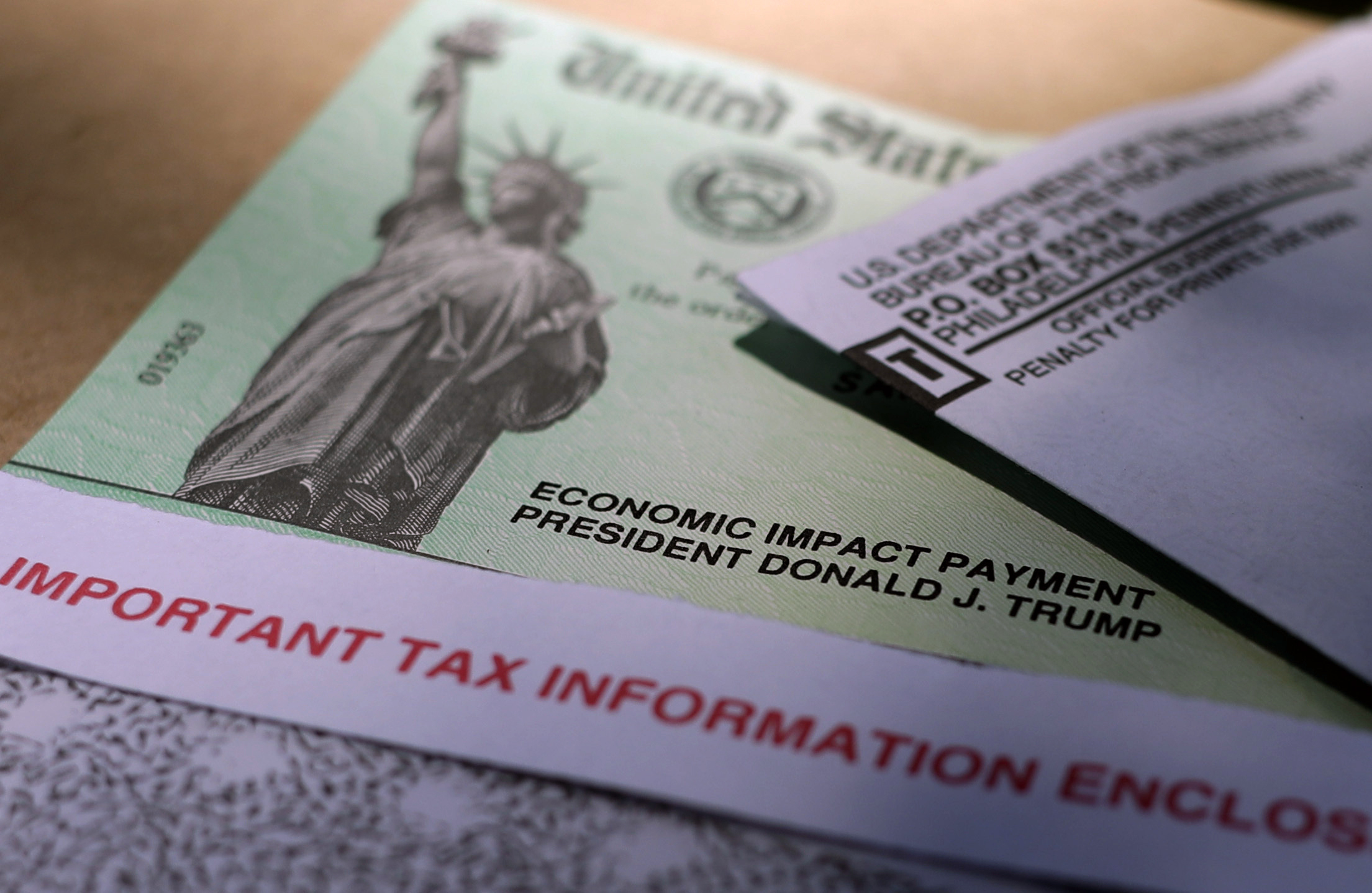Will Trump Hand Out More Stimulus Checks if Re-Elected? What You Need to Know
As President-elect Donald Trump prepares to return to the White House on January 20, speculation abounds about his economic policies. While Trump has ruled out another round of stimulus checks, his proposed economic measures aim to offer relief to working- and middle-class Americans through tax cuts, credits, and novel financial incentives.

Trump’s Proposed Economic Policies
Trump’s agenda focuses on putting more money into Americans’ pockets through targeted measures. Key proposals include:
- Eliminating Taxes on Tips and Overtime: Workers would keep more of their earnings.
- Tax Benefits for American-Made Cars: Buyers could deduct car loan interest, similar to mortgage deductions.
- Making IVF Free: Trump plans to subsidize in vitro fertilization to encourage childbearing, reducing financial barriers for families.
- Removing the $10,000 SALT Cap: High-tax state residents, particularly in New York and New Jersey, would see relief from Trump’s 2017 tax reforms.
Trump argues these policies would boost productivity and consumer spending without fueling inflation, positioning them as growth-oriented solutions.
Tariffs and Trade Policies: A Controversial Path
Trump plans to reintroduce tariffs on imports, similar to those imposed during his first term, including on Chinese goods and metals. While these measures aim to protect U.S. industries and secure better trade deals, critics, including Vice President Kamala Harris, warn that tariffs act as inflationary “national sales taxes,” potentially burdening consumers. Economic experts remain divided, questioning whether these trade policies could counterbalance inflation risks while fostering domestic growth.
Why Stimulus Checks Are Off the Table
Stimulus checks, traditionally issued during economic crises, appear unlikely under Trump’s administration. The current economic landscape lacks the urgency seen during the COVID-19 pandemic, with unemployment at 4.1% and the stock market near record highs.
Moreover, Republican lawmakers, now controlling both the House and Senate, oppose additional direct payments, blaming President Biden’s early-term stimulus packages for driving inflation. Biden’s $1.9 trillion American Rescue Plan in 2021 was linked to rising inflation, with prominent Democratic economists like Larry Summers acknowledging its role in economic overheating.
With inflation easing toward the Federal Reserve’s 2% target, the appetite for such measures has diminished. Trump has pledged to reduce inflation and interest rates, focusing instead on long-term economic stability.
Reversing Biden-Era Policies
Trump’s administration is expected to review and potentially repeal elements of Biden’s significant spending packages, including the $1.2 trillion infrastructure bill and the Inflation Reduction Act, which allocated $369 billion to environmental initiatives. Benefits like tax credits for electric vehicles, energy-efficient appliances, and solar panels could face cuts.

Republicans have already pushed to claw back unspent pandemic funds, with state and local governments required to allocate remaining stimulus money by December 31 or forfeit it. Trump’s policies signal a shift toward targeted financial relief and regulatory rollback, aiming to stimulate the economy without direct cash payouts. As the new administration takes shape, Americans await further clarity on the direction of Trump’s economic reforms.


Comments are closed, but trackbacks and pingbacks are open.